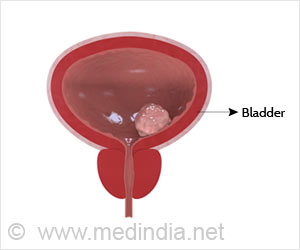Breakthrough in science allows older women to have children by delaying menopause. Meanwhile, women can build their careers.

‘Development in science allows women to have children much later by delaying menopause using a new technique.’
Read More..




The pioneers in this surgery are a Birmingham-based company called ProFaM (Protecting Fertility and Menopause), co-founded by four world’s eminent experts in reproductive medicine.Read More..
The delay in menopause is much-appreciated news, especially for those with serious health problems, such as osteoporosis and heart problems. Also, it will help delay menopausal symptoms such as hot flushes, night sweats, memory problems, mood swings, and anxiety. It can also extend a woman’s fertility.
The surgery lasts 30 minutes and costs between £3,000 and £7,000, says Professor Simon Fishel, ProFaM’s chief executive, and founder.
His work led to the birth of Natalie Brown, sister of the first test-tube baby Louise Brown. Natalie later became the first IVF conceived woman to have her first child naturally.
Nine women have taken up the surgery for the preservation of ovaries aged between 22 and 36. The doctor’s upper age limits are 35 for freezing tissue for fertility preservation and 40 for freezing tissue for hormonal preservation.
Advertisement
Professor Fishel also says that rising infertility rates is because women are opting for babies much later in their life after concentrating on their career. Forty-year-old women can now have babies naturally using the tissues they froze at 30. The advantage is that it is not likely that they will be having babies at 30 because the egg will be ten years prior and younger.
Advertisement
Professor Fishel said, “The younger it’s done, the longer you have the benefit, and the more eggs are available.”
Younger women now have more options in their platter.
Source-Medindia















